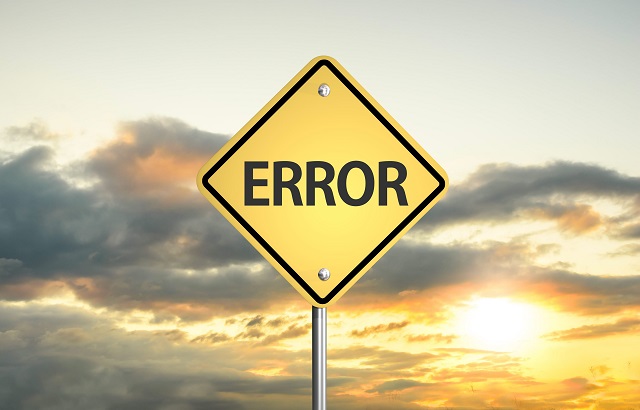The coronavirus pandemic has been difficult for governments to negotiate, trying to get the right balance between kick-starting the economy and keeping people safe.
These big decisions are not just being made by politicians and medical professionals, everyday people are also having to assess their finances during the outbreak.
Andrew Tully, technical director at Canada Life, spoke to International Adviser about how some people close to retirement could make the wrong choice with their pension pots.
“We are worried about people who are not advised, people who are doing it themselves, because they might be more inclined to have a knee jerk reaction,” he said.
“In human nature, you see something happening, you want to do something about it. Pots fall and they think ‘should I change my investment strategy?’
“Lots of people who do it themselves are probably the ones who could make rash decisions without really thinking it through.
“If people have got advisers, then they should be holding their hand and helping them through that journey.”
Segmenting clients
Pensions are a long-term savings vehicle, so for most people it will be about just sticking with the status quo.
Tully said: “Probably the biggest overall impact [with pensions] has been the volatility in markets.
“For most people, no matter what age, they will see the pension pot declining in value. We probably need to try and split people into different categories.
“For younger people, around 25-30, who are a long way away from retirement, it probably doesn’t have a big impact at the moment.
“The message to these people should be keep calm and carry on effectively.
“People very close to or in retirement, if their pot goes down, its much more of an immediate impact.
“We could see people putting off retirement and taking benefits, maybe instead taking income from different sources, such as using cash rather than cashing in equities.”
Pension freedoms
The Q2 2020 figures on pension freedoms will be an interesting one, as people may turn to their retirement pots to boost the coffers to ease the financial burden caused by the pandemic.
On 30 April, HM Revenue and Customs (HMRC) said 348,000 people withdrew £2.5bn ($3bn, €2.79bn) in flexible payments from their pensions in the first quarter of 2020, up from £2.06bn in Q1 2019.
“Q2 traditionally has always been the biggest withdrawals for whatever reason, and if there was an impact because of coronavirus, it is probably going to be seen there,” Tully added.
“Some people were furloughed in March but that might have done nothing to their salary at the time. They might not be feeling the real financial impact until April, May and June.
“That’s the time that people could take a bit of money out their pension because their struggling.
“I think it’s unclear at the moment how many people will dig in and take a little bit of extra money.”
MPAA
Tully was also keen to talk about the savers who may be hit by the money purchase annual allowance (MPAA), if they decide to utilise the flexibility of pension freedoms during the outbreak.
“Once you access your pension, you can only put £4,000 a year into it in the future,” he added.
“You could easily see more people accessing their pension because they need income over the next few months and to stop them or restrict them topping up in the future feels unfair.
“Someone could be furloughed, take a bit of income out of pension, and go back to work on full salary and their employer starts putting money back into their pension. Then you could quite easily fall foul of that limit.
“It feels a bit tough on people.”








